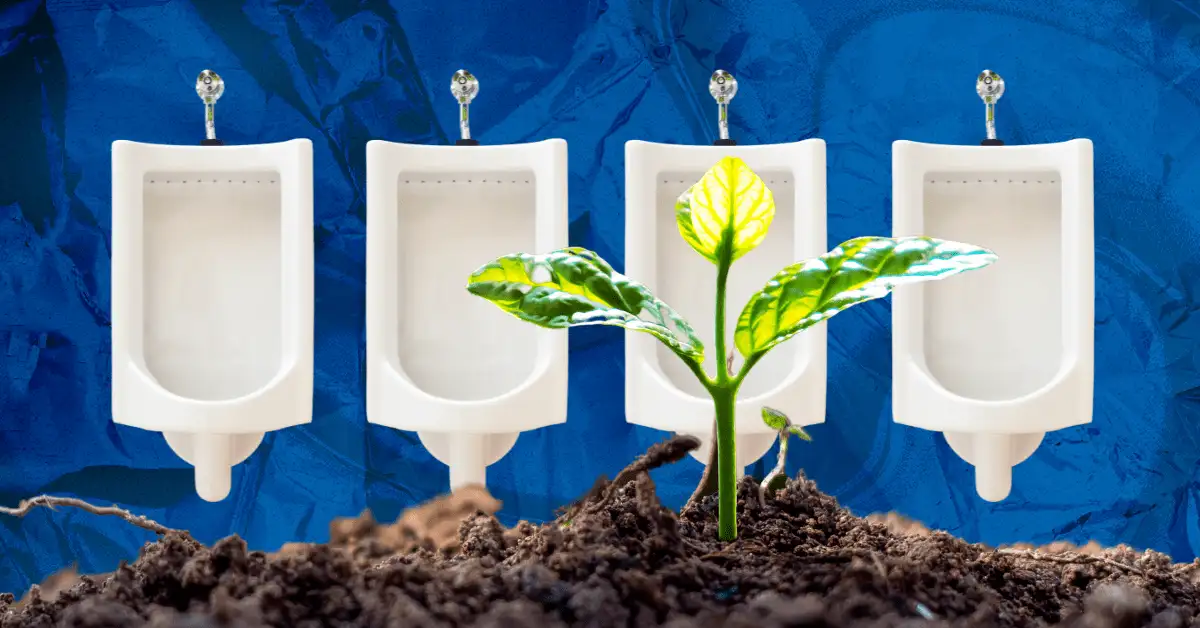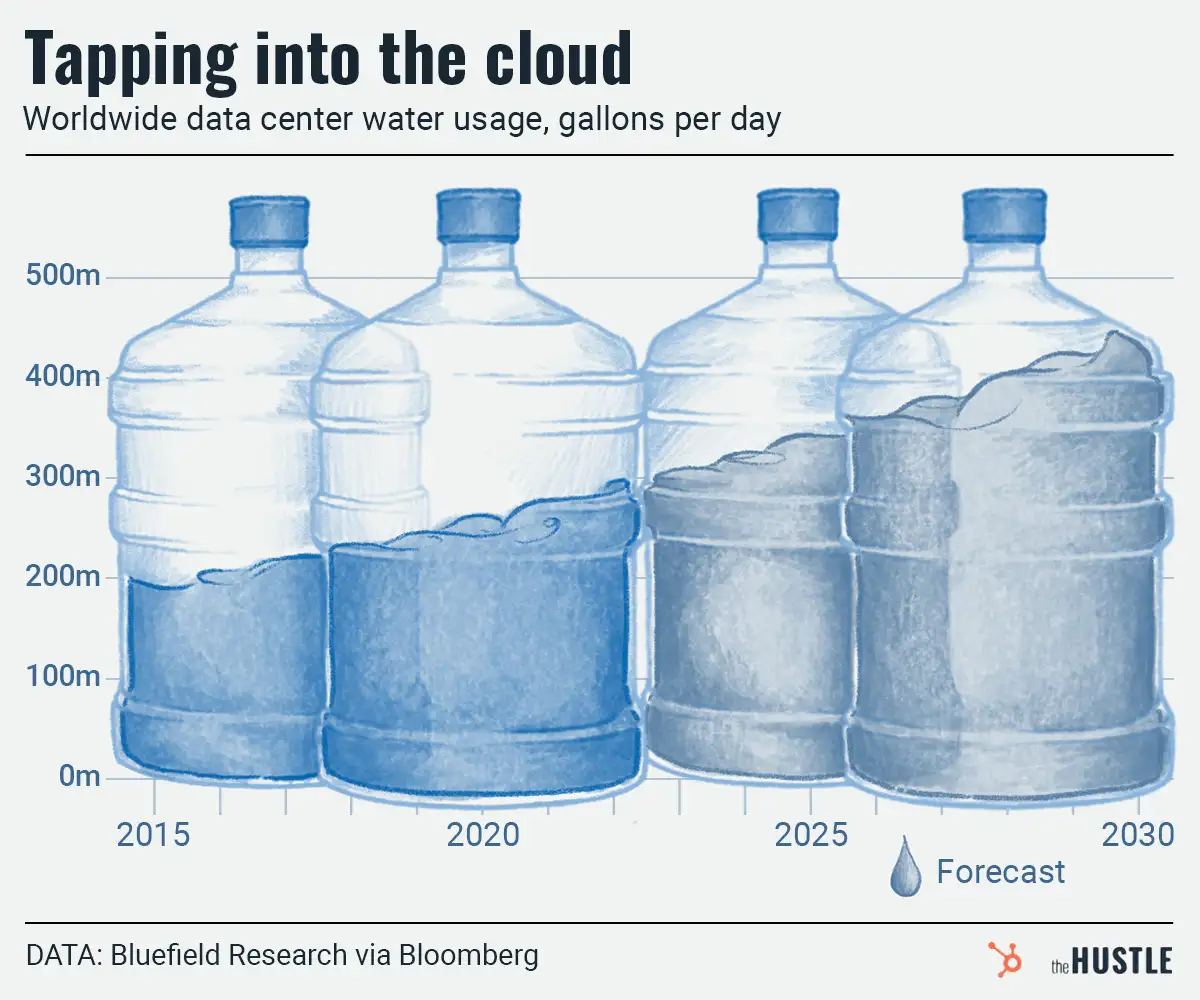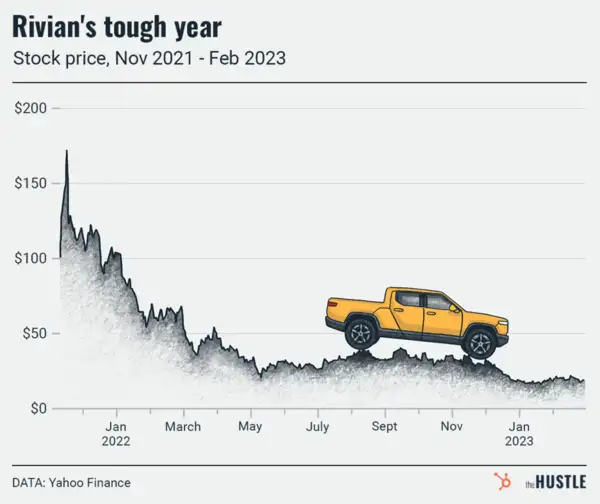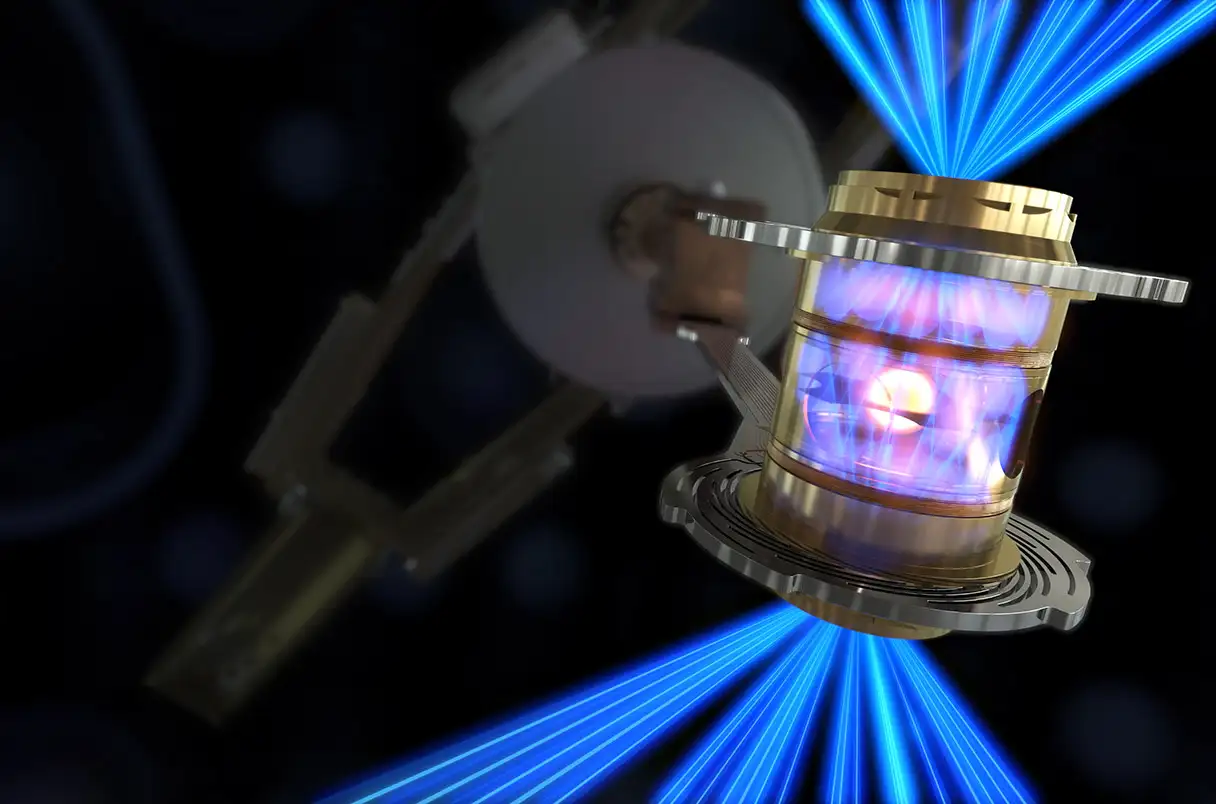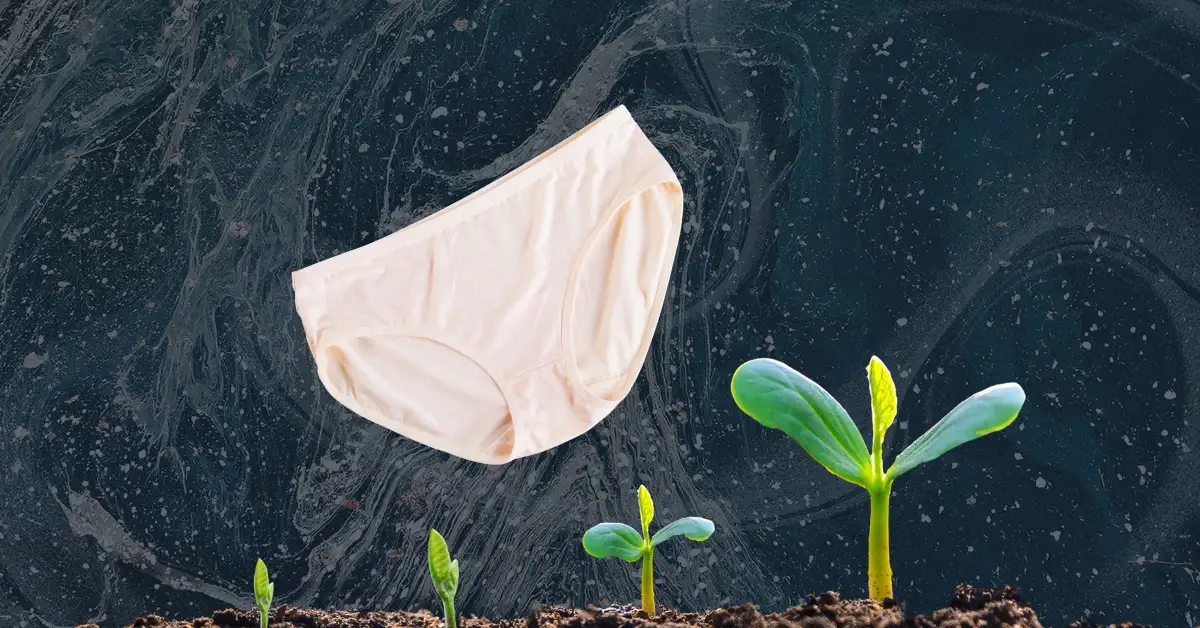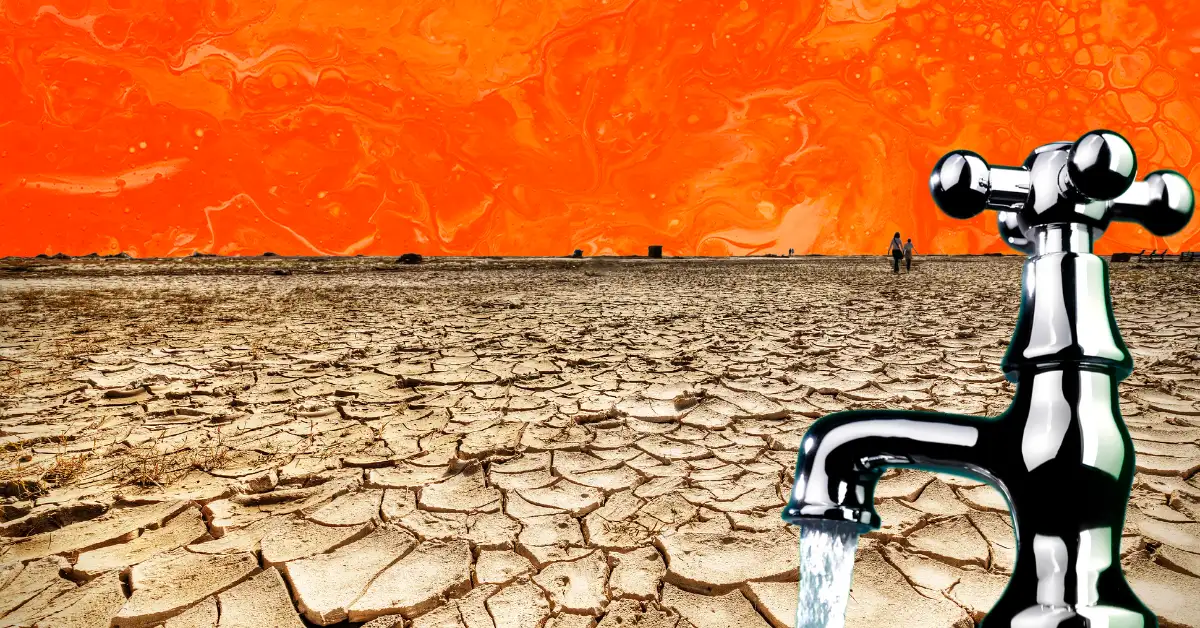It might sound weird, but people have been nourishing crops with human urine for centuries.
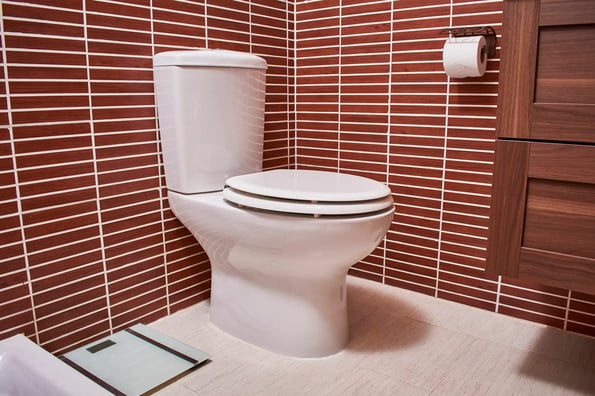
Why? We ingest nutrients like nitrogen, phosphorus, and potassium, then excrete them. Plants need them.
Fabien Esculier — a researcher with France’s OCAPI program, which studies the management of human nutrient excretion — told Euronews that human urine could replace synthetic fertilizers.
Urine as a fertilizer has several benefits
It’s less of a pollutant and typically cheaper than chemical fertilizer. Plus, collecting urine means not flushing it, thus not polluting watersheds and saving water.
The war in Ukraine and associated sanctions have also caused supply chain issues for farmers.
Russia exports ~20% of the world’s nitrogen fertilizers and, combined with Belarus, 40% of the world’s exported potassium, per Business Insider.
Human pee could replace 25% of nitrogen and phosphorus fertilizers worldwide, according to Prithvi Simha of Sanitation360, a Swedish company converting pee into fertilizer.
There are barriers, like:
- Getting people to not feel icky about it
- Changing plumbing infrastructure to collect urine
But several projects are already underway
In Vermont, the Rich Earth Institute collects 10k+ gallons/yr. from volunteers who bottle it at home, then bring it to a “urine depot.”
In Sweden, Sanitation360 aims to collect 70k+ liters of urine in three years from waterless toilets. The urine is dried, pressed into pellets, and used to grow barley.
BTW: If you’re curious about peeing on your own plants, well, the Rich Earth Institute also has a guide for that.

